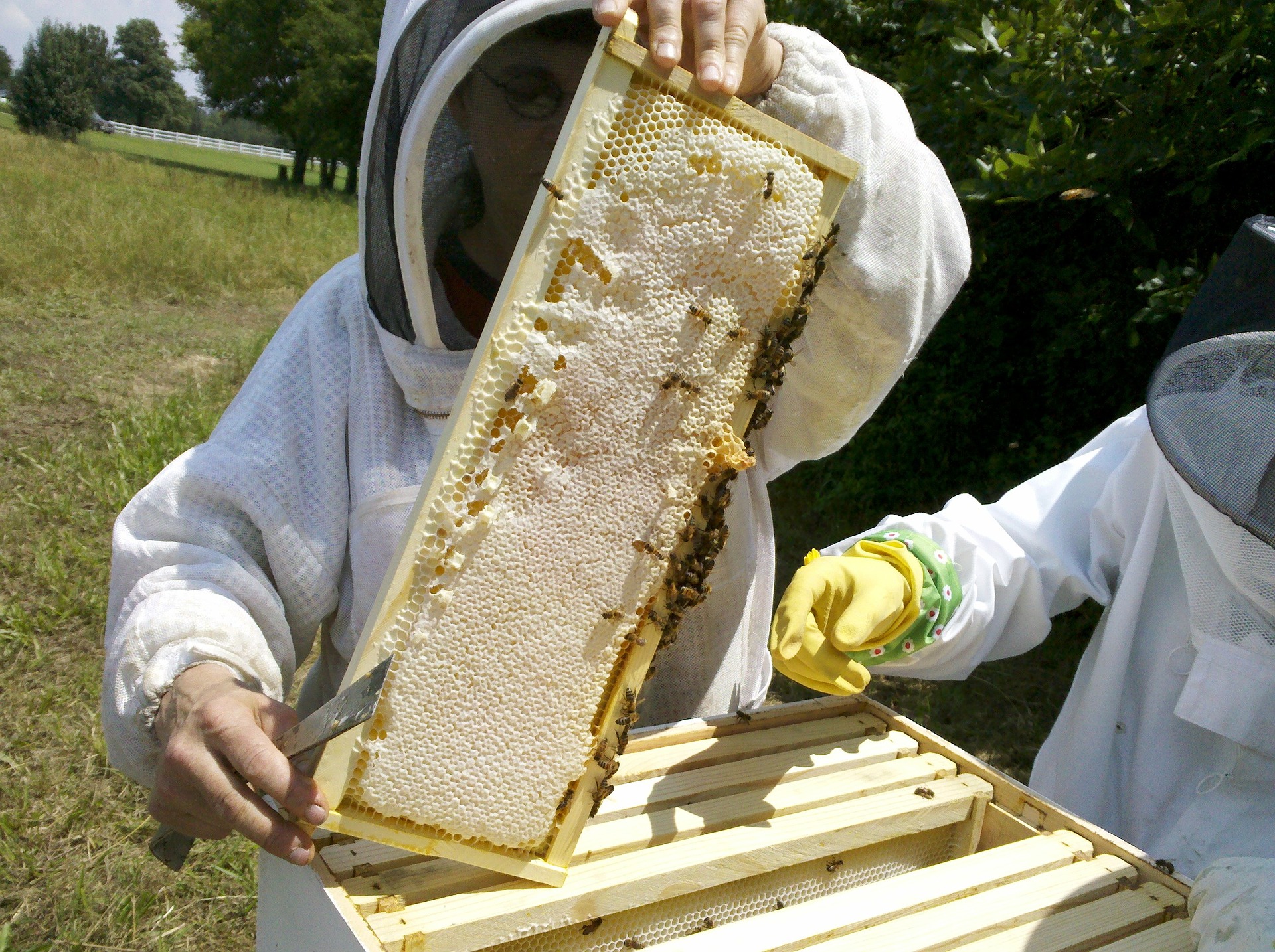Host a Bee Hive
Want to help honeybees survive and thrive, and get some yummy honey at the same time? Get in touch now.
We’re looking for homes to host a hive in their backyard.
World wide, bees are on the decline. In fact a report on the BBC estimates that without them we’d struggle to feed our population, and food levels in the supermarket would halve.
We’re doing our part to help Australia’s bees but we need your help. We’re looking for people to host a hive in their backyard.
Our Host a Hive program allows you to have the benefits of a bee hive on your property without the need to maintain it yourself. Benefits include:
- Increased pollination of your fruit trees and other plants
- Learn about bees and beekeeping if you wish
- Get honey from your own back yard
- The knowledge that you’re helping Australia’s bees combat the negative effects of pesticides and disease
We’re currently looking for people interested in hosting a hive in the Croydon, Wonga Park, and Warranwood area. Annual costs for hosting a hive are $320 for the first hive and $195 for subsequent hives. That entitles you to 20% of the honey from the hive up to 10kg. We take care of all the and inspections.
FAQs
How many hives can I host?
The exact number suitable for your property will vary according to proximity to neighbours, other uses of the land etc. We’ll do an inspection first to determine suitability. However as a general guide we use the following guide for maximum hive density:
- Small block – 1 – 2 hives
- Average suburban block (up to 1000m2) – four hives
- Larger blocks (up to 2000m2) – eight hives
- Acreage – Generally no limit
Are pets okay?
We generally recommend that you’re able to exclude pets from the area where the hive is located, and they have a tendency to investigate the hive and may get stung.
How quickly will I get honey?
In its first year you typically won’t get much honey from a new hive, particularly as we try to allow the bees to keep enough stores to over winter safely without needing supplemental feeding. In subsequent years, hives can produce upwards of 40kgs of honey a year.
Requirements
Please make sure:- None of the people living in your home or your neighbours are allergic to bee stings. In our experience you’re no more likely to get a sting with a hive in your backyard, but we like to be extra cautious.
- Your neighbours are okay with a hive in your backyard. We’re happy to talk to them in they need some extra reassurance.
- You have space for the hive.
- The hive needs to be 3 metres away from any boundary fences, or the fence needs to be bee proof and 2 metres high (we can help with fence extensions if needed).
- Bees also need sufficient “runway” to clear people that might be walking past. Often this needs to be 3-5 metres in front of the hive, but there are ways to adapt this.
- The hive is protected from pets and other animals, and things like wandering footballs that may damage the hive.
- There’s some shade available in summer and shelter from winds. (Bees can get chilly in winter!) We can help with shade awnings if needed.
- Make sure you can avoid the use of toxic chemicals and pesticides outside. Pesticides can kill a hive.

